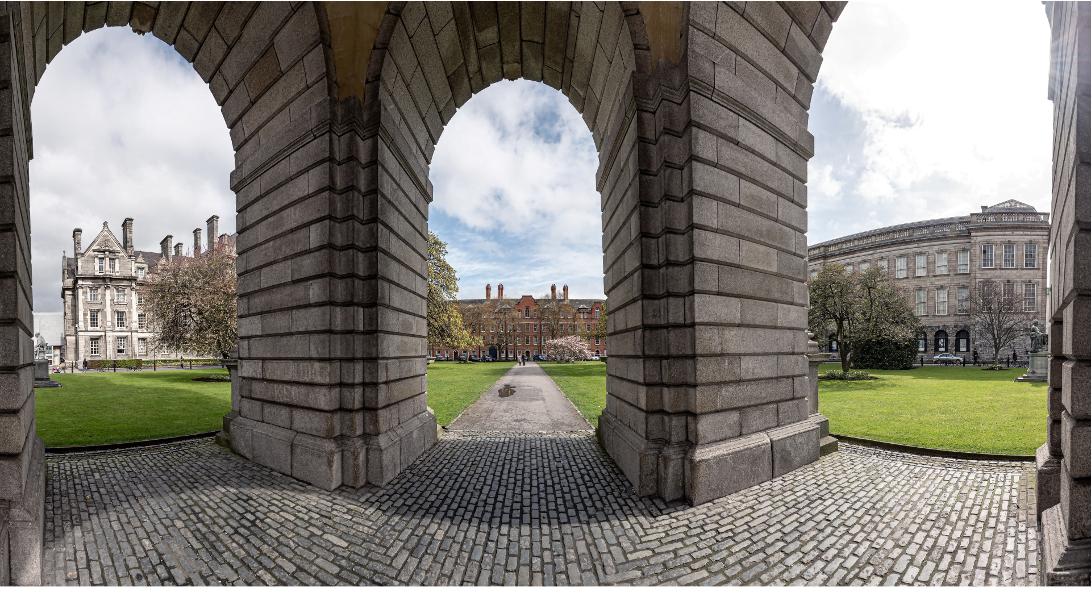Ireland’s social housing system provides affordable accommodation for those on low incomes, offering flats and houses at rates below the market average. Designed for the most vulnerable members of society, this system is owned either by local authorities or approved housing associations.
The tradition of social housing in Ireland dates back to the 19th Century, and it has since become a well-established system for providing housing support to the disadvantaged. Today, local authorities are the largest landlords in the country, housing almost 100,000 people. Housing associations also provide social housing, targeting specific groups such as the homeless and older people.

To be considered eligible for social housing, prospective tenants must meet a range of requirements. Firstly, they must be either Irish citizens or have the right to remain in the State long-term. Applicants must also be able to demonstrate a need for social housing, with priority given to those who are homeless, living in overcrowded accommodations, have a medical condition made worse by their living situation, or are in a vulnerable or violent situation.
Prospective tenants must also meet income thresholds and provide proof of income, whether from employment or social benefits. Any social benefits payments may be discounted. Finally, applicants must confirm that they have no alternative housing available to them. For example, a property owned by an ex-spouse would not be considered an alternative.

The process of getting social housing can be lengthy, with two periods of waiting. The first period is after submitting the application, and the second is after being approved. The housing association or local authority has 12 weeks to respond to an application, but this period can be extended if more information is needed. If the application is approved, the applicant is placed on a waiting list, and each local authority has its own way of prioritizing applicants.
When a social housing property becomes available, the local authority reviews the allocation scheme and decides who will receive housing based on the priority of the applicants. If successful, the council will offer a tenancy agreement. Since there are usually many applicants, tenants will only have a small window to accept the social housing offer before it is offered to someone else.

Rent for social housing is linked to income, with low earners paying lower rents. If an individual’s income increases, their rent will also rise.
Eterna International’s commitment to assisting clients with alternative project options, we are actively promoting the GCI ICAV fund, an innovative fund designed to raise capital from investor immigrant programme (IIP) applicants to finance the construction of new social housing in Ireland. The GCI ICAV fund is an excellent opportunity for foreign investors looking to obtain Irish residency while supporting a worthy cause. Eterna is proud to offer this exciting opportunity to its clients and to be part of a solution to Ireland’s housing crisis.



